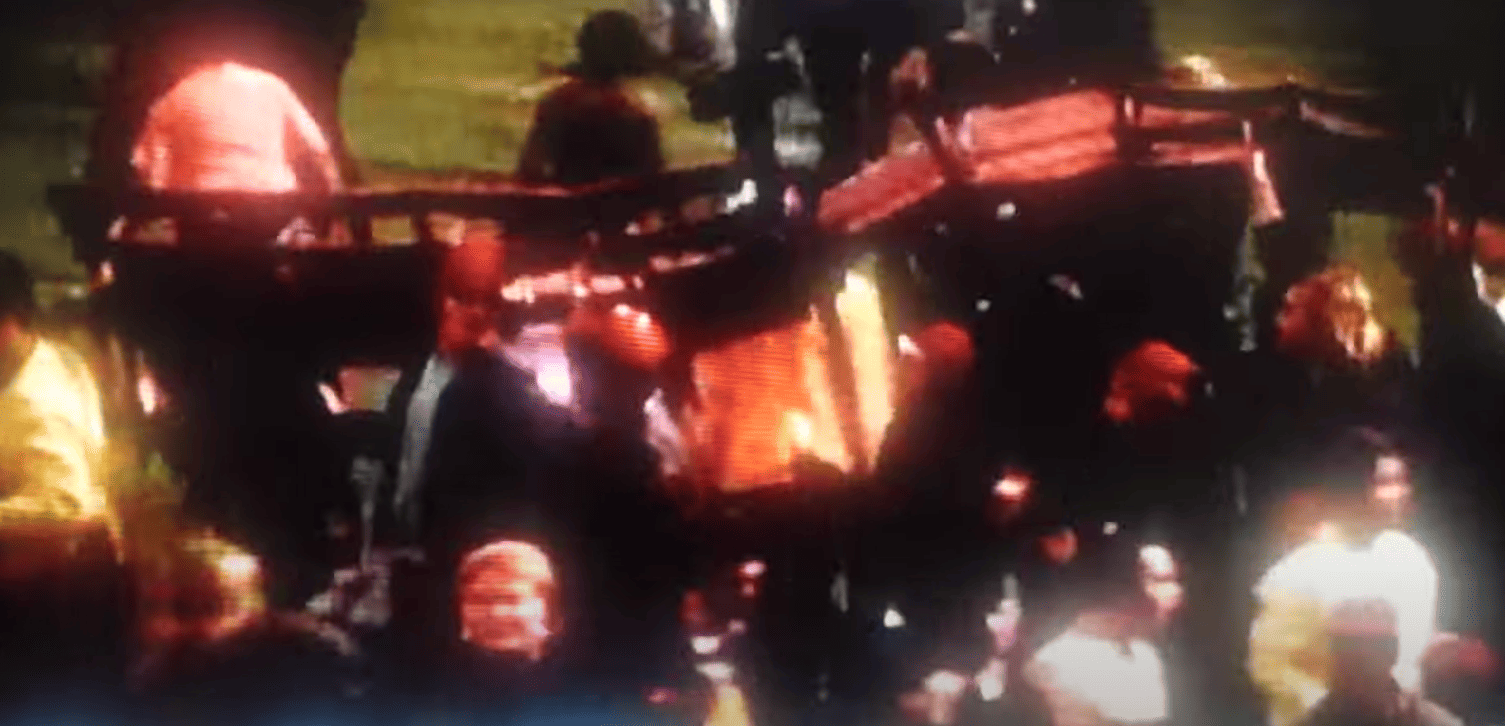Last Updated: February 28th, 2024 by Jake Cain
When Bob from Morristown, New Jersey, stepped into Connie Mack Stadium on October 1st, 1970, he became a participant in a pivotal moment in baseball history: the final goodbye to the beloved park that had been home to the Philadelphia Phillies for over six decades. This memory, captured by the Sports Gaming Channel, reflects on a day that was less about the game and more about saying farewell to a historic venue.
Connie Mack Stadium, known also as Shibe Park in its earlier days, was an integral part of Philadelphia’s sports landscape. Yet, on that day, as the Phillies squared off against the Montreal Expos, the stadium’s farewell was prominent. The Phillies, sitting about 15 games from the top, ended their season with a victory that was overshadowed by the poignant nostalgia in the air.
The atmosphere described by Bill Conlin of the Philadelphia Daily News was poignant; the stadium had descended from a grand old dame to a shadow of its former glory. The final games were not much of a spectacle either. Just two days before the last game, on September 29th, a sparse crowd of 1,055 witnessed the Phillies suffer a 10-3 defeat to the Expos, as documented by Kurt Blumenau on SABR.
The last game was significant for multiple reasons; it marked the end of an era, but it was also a moment akin to a community sharing its last rites. The fans, nearly 32,000 strong, were there to capture memories and a physical piece of the stadium to hold onto. Chairs, railings, signs, even urinals were claimed as souvenirs by the fans, who by the fourth inning had transformed the stadium into a cacophony of deconstruction.
The game itself was an afterthought, a 2-1 victory for the Phillies in 10 innings that felt like a footnote to the real story unfolding in the stands and on the field. When the game ended, fans poured onto the field, a chaotic farewell to a place steeped in the memories of generations of fans and players.
Connie Mack Stadium had seen some of baseball’s greatest players and moments. It was home to the Athletics until 1954 and the Phillies from 1938 to 1970. The stadium witnessed the integration of baseball with Jackie Robinson stepping onto the field and the evolution of the game over time. But as the Phillies transitioned to Veterans Stadium the following year, the final echoes of fans cheering in Connie Mack Stadium faded away, replaced soon by memories of triumphs at the newer facility, leading up to the Phillies’ World Series win in 1980.
Bob, like many others, left with his own piece of Phillies history, a couple of seats, and his ticket stub. It was not only a testament to having been there but also a cherished personal memento.
As years pass and the physical structure of Connie Mack Stadium no longer stands, it’s these personal narratives, shared on platforms like the Sports Gaming Channel, that keep the spirit of the old ballpark alive.
The demolition of Connie Mack Stadium serves as a reminder of the constant evolution of sports venues and the relationship between cities and their beloved teams. The stadium’s destruction wasn’t just about dismantling a structure; it was about the breaking apart of history, of community, and of a long-standing relationship between a city and its baseball heroes.
For Philadelphia and its die-hard baseball fans, the loss of the stadium was akin to losing a beloved family member. But, as with all endings, new beginnings emerge. The Phillies’ move to Veterans Stadium heralded a new era, eventually culminating in their long-awaited World Series victory, thus soothing the ache left by the departure from their hallowed ground at 21st and Lehigh.
In the end, the real tribute to Connie Mack Stadium lies not in the remnants taken by fans but in the collective memory of those who wandered its aisles, cheered in its stands, and played on its diamond. As history marches on, the final game at Connie Mack Stadium remains a vivid tableau of the bittersweet farewell to a cherished chapter in Philadelphia’s rich sporting narrative.

